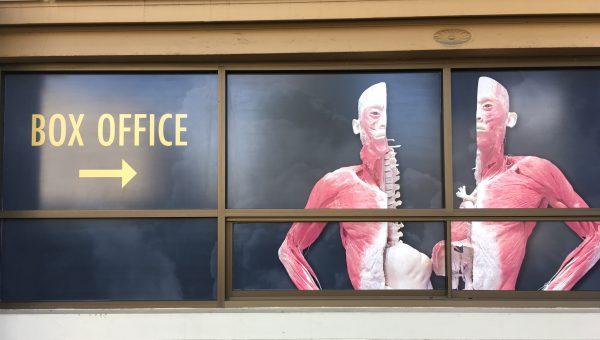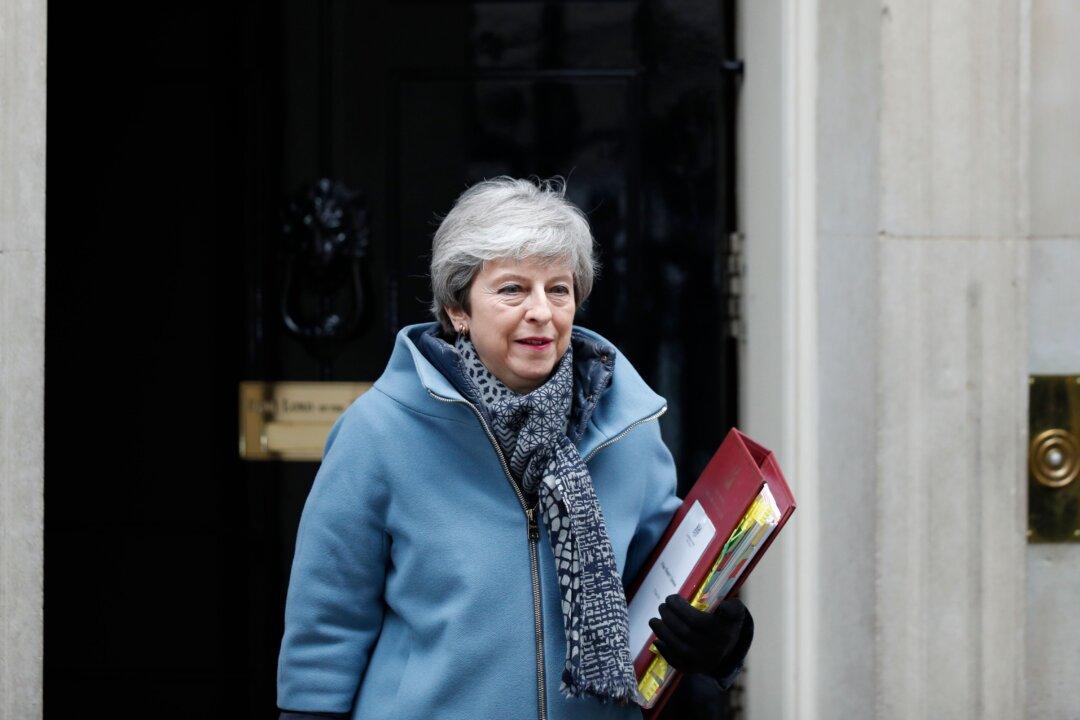LONDON—The human cadavers on display at an exhibition center in the UK could have once been prisoners of conscience from China, a human rights group is arguing.
The exhibition features 20 cadavers and over 200 organs sourced from China and is billed as an “educational experience with multi-layered narratives” by organizers Imagine Exhibitions.
The bodies have been supplied by Dalian Hoffen Bio-Technique Co. Ltd. and are preserved using plastination, which uses liquid silicone rubber to prevent decay.
But the open letter, which is signed by prominent lawmaker Fiona Bruce, alleges that the bodies have no documentation to confirm their origin and are likely to have been sourced from prisoners of conscience.
‘No Documentation’
The National Exhibition Centre (NEC) in Birmingham, which is hosting the Real Bodies exhibition until Aug. 19, says that the specimens on display “are all unclaimed bodies that have been donated by the relevant authorities to medical universities in China. The specimens featured in the exhibition were donated legally, were never prisoners of any kind, showed no signs of trauma or injury, were free of infectious disease, and died of natural causes.”
The government responded by saying the exhibition was licensed but “responsibility for hosting the exhibition and maintaining ethical standards lies with the National Exhibition Centre.”
Rachel Dunachie from the NEC said that if the exhibition was found to be unethical they would “take guidance from the Human Tissues Authority” who “wouldn’t give us a license.”
DNA Samples
Plastinated body exhibitions have been banned in Israel, France, Hawaii, and some cities in the United States. The Czech Republic changed its laws on July 7, 2017, to require proof of consent from the deceased before such exhibitions are allowed to enter the country.“China is right now pursuing a policy of trying to test the DNA of living Chinese people,” Gutmann said at an event to launch the open letter. “They’ve already tested 17 million Uyghur Muslims and they can narrow it down to within third-degree relatives so it’s becoming possible to get a match.”
This is because Dalian, where the plastination is carried out, is the second largest city in Liaoning Province, an epicenter for the persecution of Falun Gong practitioners, according to Gutmann.




